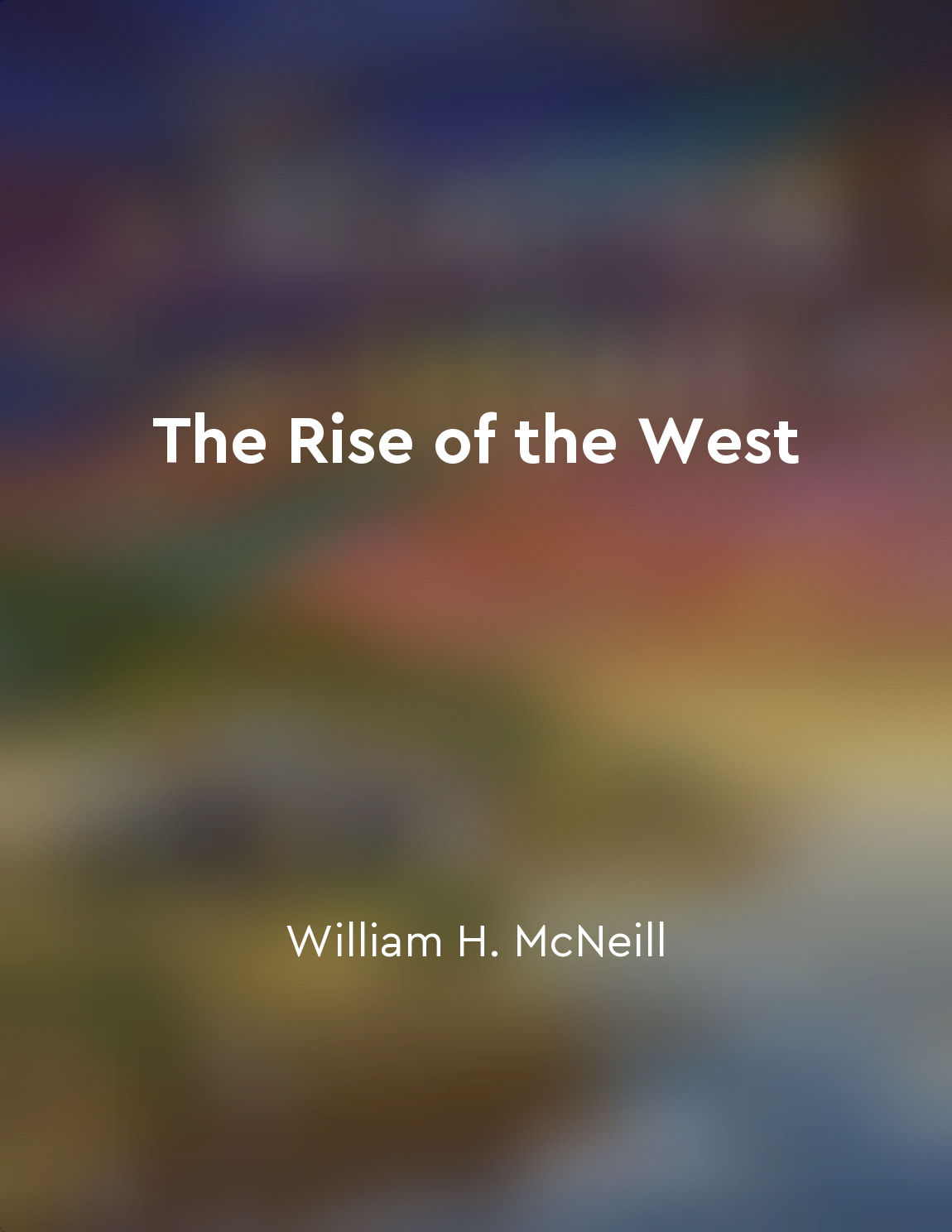Disease outbreaks can have farreaching consequences from "summary" of An Unnatural History of Emerging Infections by Ron Barrett,George Armelagos (the late)
Disease outbreaks are not isolated incidents with limited effects; rather, they can have profound and widespread consequences that reach far beyond the immediate impact on individual health. When a disease spreads rapidly through a population, it can disrupt social structures, economic systems, and political stability. The ripple effects of an outbreak can be felt in multiple sectors and can have long-lasting implications for society as a whole. One of the key ways in which disease outbreaks can have far-reaching consequences is through their impact on public health systems. When a large number of people fall ill at the same time, healthcare facilities can quickly become overwhelmed, leading to a breakdown in the provision of essential medical services. This can result in a rise in overall mortality rates, not only from the disease itself but also from other conditions that may go untreated as a result of strained healthcare resources. In addition to the direct effects on public health, disease outbreaks can also have significant economic implications. Businesses may be forced to close, workers may be unable to perform their jobs, and supply chains may be disrupted, leading to widespread financial losses. These economic repercussions can be particularly devastating for vulnerable populations who may already be living on the edge of poverty. Furthermore, disease outbreaks can exacerbate existing social inequalities and injustices. Certain groups may be disproportionately affected by a disease due to factors such as race, class, or access to healthcare. Stigmatization and discrimination can also arise, further marginalizing those who are already vulnerable. These social consequences of disease outbreaks can deepen existing divisions within society and create new challenges for communities trying to recover and rebuild in the aftermath of an outbreak.- Robust disease surveillance mechanisms, and effective response strategies, societies can better prepare themselves to mitigate the impact of future outbreaks. Ultimately, understanding the wide-ranging effects of disease outbreaks is essential for fostering resilience and promoting the health and well-being of populations around the world.
Similar Posts
Ancient medical knowledge and limitations
Ancient medical knowledge was a complex tapestry of theory and practice that evolved over centuries. The Greeks and Romans made...

Competition drives innovation and progress
The dynamic interaction of different societies has always been a driving force in human history. When different groups come int...
Economic inequalities have been exacerbated by the pandemic
The pandemic has laid bare the existing economic disparities in our society, revealing the stark differences in wealth and oppo...
Discuss the rise of industrialization and its effects on global trade
The surge of industrialization in the 18th and 19th centuries brought about a profound transformation in global trade. As natio...

Ideologies influence political decisions
Ideologies shape the way we perceive the world, providing us with a set of beliefs and values that inform our political decisio...
Understanding the history of mosquitoes is essential for addressing their impact
To truly grasp the immense impact of mosquitoes on human history, one must delve into their extensive past. From their role in ...

Reproduction ensures the continuity of life
Reproduction is a fundamental process that ensures the continuity of life on Earth. Without reproduction, living organisms woul...
The rise of populism and nationalism divided nations
Across the globe, the rise of populism and nationalism has been a defining trend in recent years. These ideologies have driven ...
Socioeconomic factors play a role in the spread of infections
Socioeconomic factors are crucial in understanding the spread of infections. Poverty, inadequate access to healthcare, and crow...

